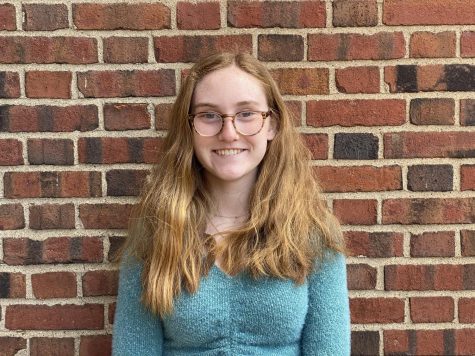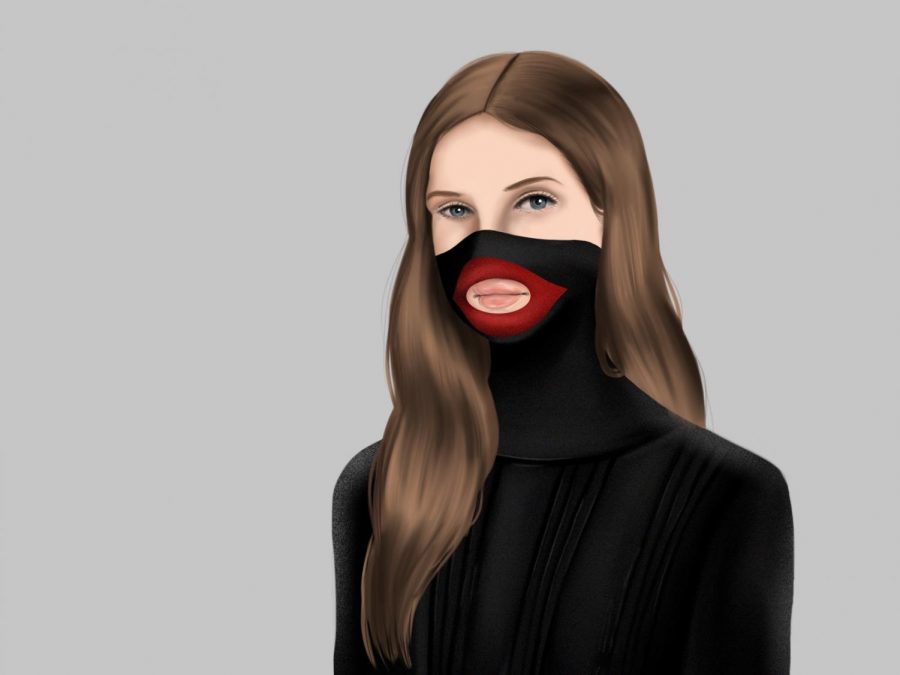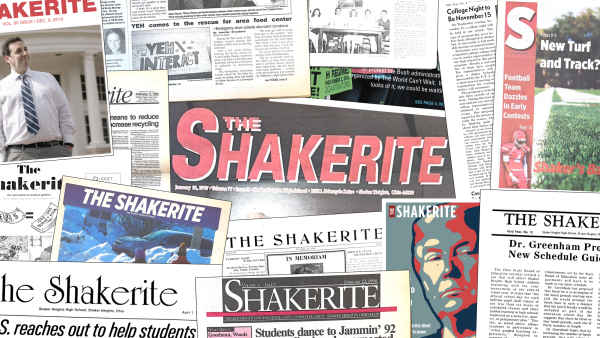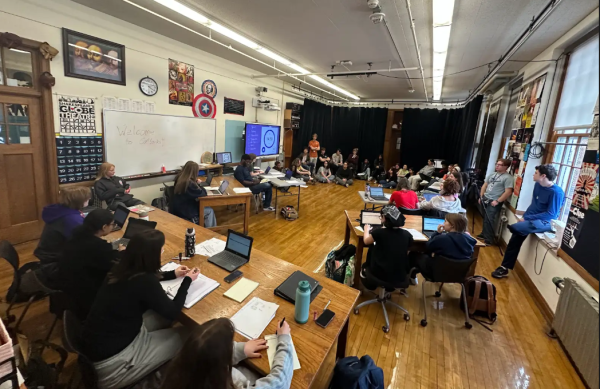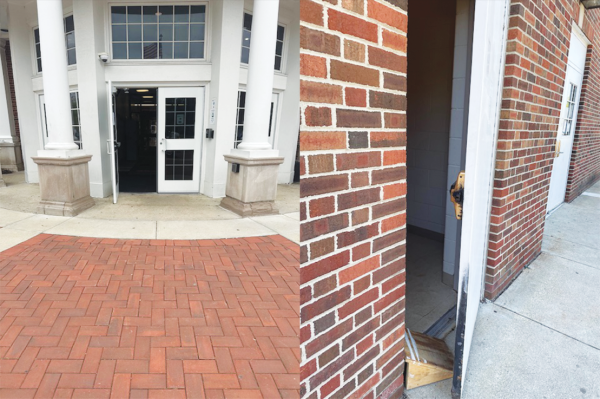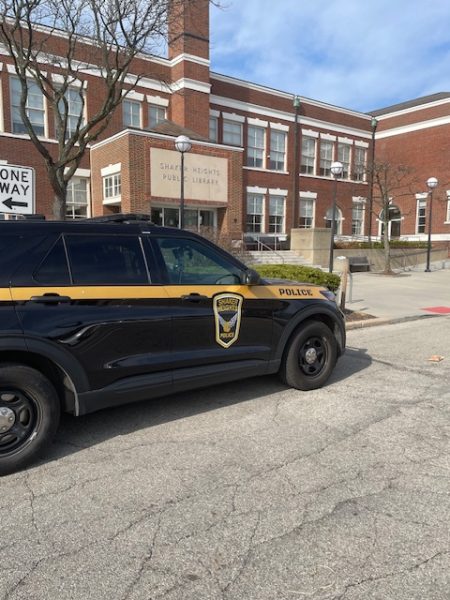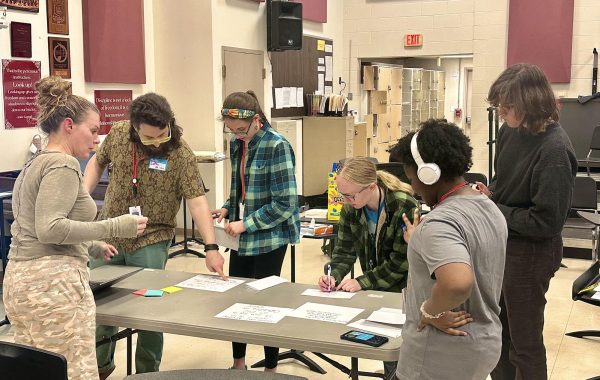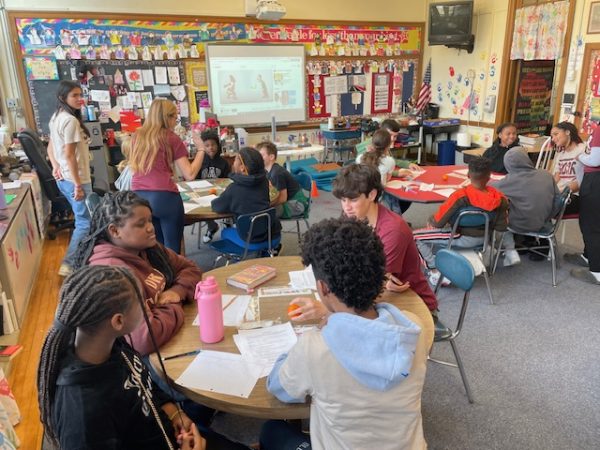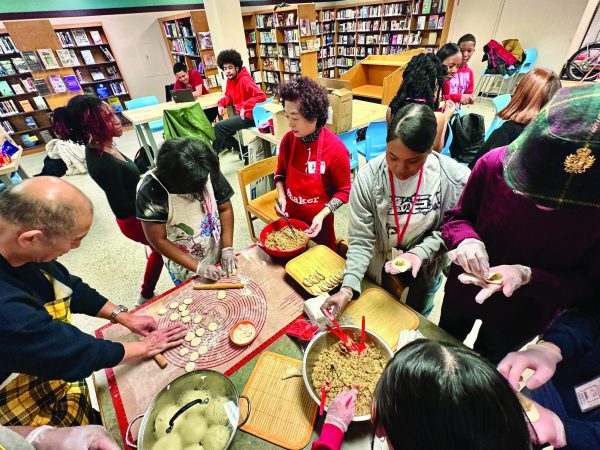A Persisting Culture of Ignorance
200 years after the first minstrel show, blackface continues
When we think of American history, we often think of a wonderful experiment. We think of a melting pot of people and cultures coming together to form a new nation. Often, we block out the terrible parts: the history of genocide and inequality in the “Land of the Free.”
Recurring use of blackface — by entertainers, marketers, politicians and ordinary people — perpetuates that inequality.
According to the National Museum of African American History and Culture, blackface has existed in America for almost 200 years and was first employed in minstrel shows — a form of theatrical entertainment in which actors donned blackface and performed skits, dance and music that exploited racial stereotypes for comic effect. The first minstrel show was performed in the 1830s and mimicked enslaved blacks. In an interview with the NMAAHC, historian Dale Cockrell said working-class whites created blackface to reassure themselves that African Americans occupied the lowest rung on the American social ladder.
Two centuries later, examples of blackface persist in American culture. In February, luxury clothing brand Gucci was criticized after releasing a high-neck sweater that resembled blackface. Photos from 1984 released in February revealed that Democratic Virginia Gov. Ralph Northam wore blackface in his college days.
“In a culture where we’ve constantly had to struggle with just being comfortable being ourselves, blackface is a reminder that people have mocked us for it for generations,” senior Adonis Fryer said.
But blackface isn’t just a blackening of the skin. Blackface is mockery of all black features. Actors copy facial features in dramatic and offensive ways, mock speech and body language, and dress in shabby clothing. The Gucci sweater, which rolls up to cover the mouth, features exaggerated red lips.
According to the NMAAHC, blackface and minstrel shows were used to label African Americans as “lazy, ignorant, superstitious, hypersexual and prone to thievery and cowardice.” So why does this practice, which exploits aged stereotypes, persist?
Sankofa director Keaf Holliday said people participating in blackface don’t understand its effects. “I think, from a cultural standpoint where whites are doing it, they don’t see the negativity of it because they’re looking at it as ‘It’s fun,’ ” he said.
Privileged people who lack empathy perpetuate these appalling, racist acts. Privilege allows people to remain ignorant about issues that don’t affect them. This ignorance leads to a lack of empathy — the kind of empathy that would prevent a college student from posing in blackface next to a student wearing a KKK costume for a yearbook photo. The use of blackface and its accompanying empathy deficit help racism escalate to harm a community that has never felt accepted in America.
“If people would just understand that blackface actually affects an entire people, then I don’t think they’d be so inclined to fetishize,” Fryer said.
Such ignorance nurtures racism. We must learn to do better. “It’s just one of those things where we have to constantly educate everyone,” Holliday said.
However, Fryer maintains hope. He said that while he still has to fight for equality, he has more opportunities than previous generations. “I grew up with a black president. I didn’t have this notion in my head that I couldn’t be president, whereas I know generations before me definitely did,” he said.
We are battling ignorance in Shaker with groups such as Sankofa, which Holliday leads and Fryer participates in. “Sankofa, every single year, gives people the opportunity to talk about anything they want to. There’s always this feeling of ownership of whatever we want to voice our opinions on,” Fryer said.
Holliday said that Sankofa helps battle stereotypes. “One of the things we try to do in Sankofa is give a true portrait of what blacks have done in this country and that blacks supersede the stereotypes and the labeling,” he said.
As we move through such a critical time involving race, programs like Sankofa become even more vital. We must educate ourselves and fight internal biases, even if it’s impossible to completely erase.
Fryer said, “The biggest thing about blackface that people don’t seem to understand is that it is one of the deepest disrespects to black people that we have. It’s just so dehumanizing for someone to just exaggerate and demonize and mock just the way you look. It’s very demoralizing.”
Comment using your Facebook, Yahoo, AOL or Hotmail account
